NFT Ticket Comparison Tool
Compare Ticket Types
See how NFT tickets differ from traditional tickets across important categories.
| Feature | Traditional Ticket | NFT Ticket |
|---|---|---|
| Authenticity | Relies on barcode scanning; prone to counterfeit | Blockchain-verified ownership; virtually impossible to fake |
| Resale Control | Limited; often no royalty for original issuer | Smart contracts enforce resale caps and royalty payout |
| Fan Perks | Usually just entry | Embedded airdrops, exclusive content, community access |
| Data Insights | Basic attendance data | Full lifecycle tracking, behavior analytics |
| Environmental Impact | Paper production, printing logistics | Depends on blockchain; low-energy chains reduce footprint |
NFT Ticket Benefits
Explore the advantages that NFT tickets bring to fan engagement and event management.
Collectibility: Each ticket becomes a digital collectible with artwork and metadata.
Continuous Rewards: Fans receive airdrops and exclusive content post-event.
Community Identity: Holders join exclusive fan communities with ongoing benefits.
Revenue Streams: Secondary market royalties and sponsorship opportunities.
Real-World Examples
See how major brands and events are implementing NFT ticketing.
- EXIT Festival Artwork Tickets
- NBA Teams Game-Highlight NFTs
- Tech Conferences POAP Badges
- Football Clubs Digital Trading Cards
Imagine walking into a concert and knowing that the ticket in your phone is not just a pass, but a collectible that keeps giving you perks long after the show ends. NFT ticket is a unique digital asset stored on a blockchaina distributed ledger that records transactions immutably. The asset lives in a digital walletsoftware that holds cryptographic keys for blockchain assets, ensuring the holder has provable ownership. These NFT tickets unlock exclusive content, discounts, and community privileges that traditional paper passes simply cannot provide.
Key Takeaways
- NFT tickets turn entry passes into lasting digital collectibles.
- Smart contracts automate royalties, resale limits, and perk delivery.
- Airdrops and POAPs keep fans engaged before, during, and after events.
- Organizers gain new revenue streams from secondary sales.
- Implementation requires wallet education and mindful blockchain choice.
How NFT Tickets Work
The technical flow is straightforward once you break it down:
- Organizer creates a smart contractself‑executing code on a blockchain that defines ticket rules that mints a set number of tokens.
- Each token is minted as an NFT ticket with metadata that can include artwork, seat info, and URLs to exclusive media.
- Buyers purchase the token through a marketplace or directly from the organizer; the token is transferred to their digital wallet.
- At the venue, a QR code or NFC read pulls the token ID from the blockchain, instantly confirming authenticity.
- After the event, the same token can be used for airdropthe automatic sending of new NFTs or tokens to a wallet of holders, granting backstage footage, merch coupons, or future event priority.
Benefits for Fan Engagement
Fans love anything that feels exclusive. NFT tickets deliver this in three layers:
- Collectibility: The visual design and metadata turn each ticket into a piece of art. Fans often display them in galleries or trade them on secondary markets.
- Continuous Rewards: Through airdrop campaigns, organizers can send surprise NFTs that unlock VIP meet‑ups, discount codes, or access to private Discord channels.
- Community Identity: Holders of a specific event’s NFTs become members of a fan communityan exclusive group that receives ongoing communications and perks. POAP badges (Proof‑of‑Attendance Protocolfree digital badge given to attendees that proves presence) are a popular way to mark that membership.
Real‑World Examples
Several high‑profile events have already piloted NFT ticketing:
- EXIT Festival partnered with NFT‑Tix to issue limited‑edition artwork tickets that auto‑airdrop backstage passes to holders.
- NBA teams have released “game‑highlight” NFTs bundled with ticket purchases, letting fans own a clip of the winning play and claim a future season‑ticket discount.
- POAP badges at tech conferences act as digital souvenirs that unlock after‑event webinars and community Slack invites.
- European football clubs sell “digital trading cards” that double as entry passes, paying a royaltya percentage of each resale that goes back to the original issuer automatically via smart contract.
Implementing NFT Ticketing: A Step‑by‑Step Guide
- Choose the right blockchain. Public chains like Ethereum offer security but higher fees; Layer‑2 solutions (Polygon, Optimism) or eco‑friendly chains (Tezos, Solana) reduce cost and emissions.
- Design the token metadata. Include high‑resolution artwork, seat details, and URLs to exclusive content. Use ERC‑721 or ERC‑1155 standards for flexibility.
- Write the smart contract. Define mint limits, resale royalty percentage, and airdrop triggers. Test on a testnet before mainnet deployment.
- Set up a wallet-friendly purchase flow. Integrate with wallets like MetaMask, Trust Wallet, or custodial solutions that let non‑crypto users buy with credit cards.
- Plan airdrop and community strategy. Schedule pre‑event teasers, real‑time event drops (e.g., a live‑recorded solo), and post‑event memorabilia.
- Educate attendees. Provide simple guides, QR‑code tutorials, and on‑site support desks to help fans manage wallets.
- Monitor secondary market activity. Use analytics dashboards to track resale volume, enforce royalty collection, and gather fan behavior insights.
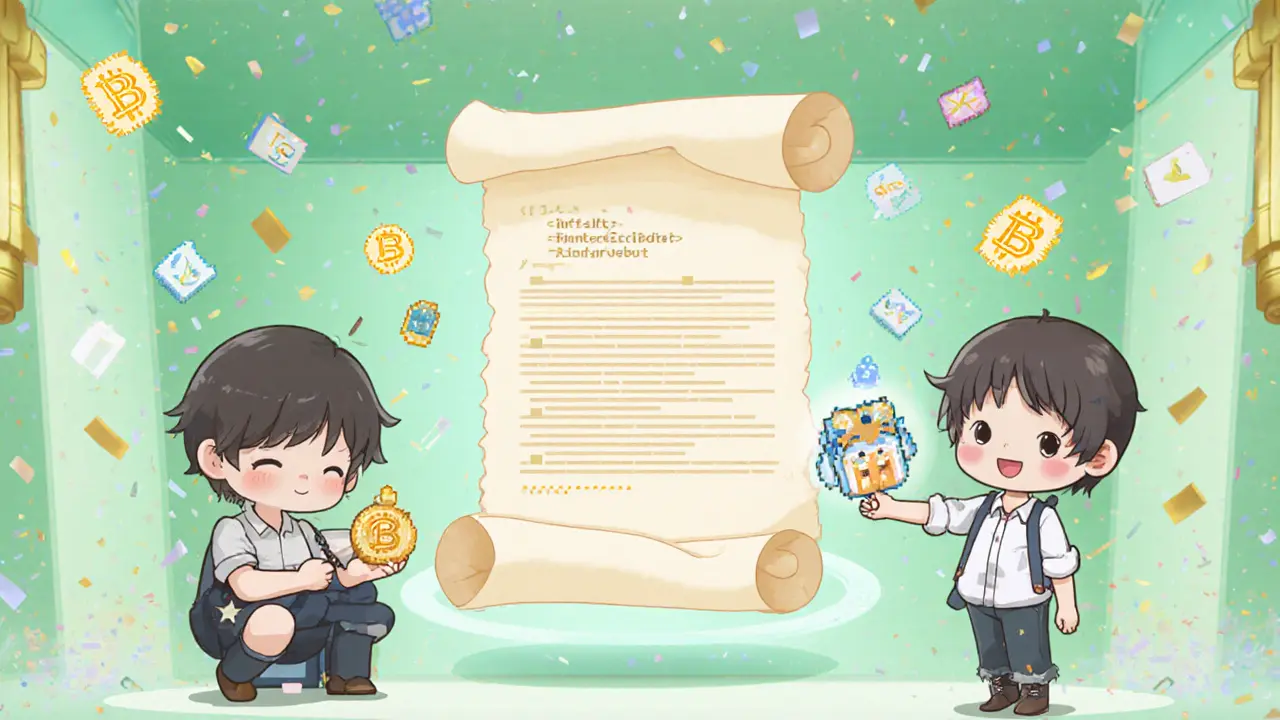
Revenue & Community Building Opportunities
Beyond ticket sales, NFT tickets open new income streams:
- Secondary market royalties: Every resale can trigger a 5‑10% royalty back to the organizer, captured automatically by the smart contract.
- Exclusive merchandise bundles: Pair a ticket NFT with a limited‑edition physical shirt; the NFT acts as a digital voucher.
- Sponsorship integrations: Brands can sponsor airdrops, inserting their logo into the collectible artwork and reaching a captive fan base.
- Data‑driven marketing: Blockchain addresses (pseudonymous) provide insight into repeat buyers, enabling personalized offers without breaching privacy.
Challenges and Best Practices
While the upside is big, organizers must navigate a few hurdles:
- Technical literacy. Not every fan owns a wallet. Offer custodial options or partner with ticket platforms that abstract the blockchain layer.
- Environmental concerns. Choose low‑energy chains or offset carbon footprints to address eco‑conscious audiences.
- Regulatory landscape. Treat NFT tickets as securities where applicable; stay updated on local crypto regulations.
- Market volatility. Price tickets in fiat or stablecoins to avoid sudden crypto price swings.
Following these practices reduces friction and keeps the fan experience smooth.
Future Outlook
The next five years will likely see NFT tickets becoming a standard offering for major festivals, sports leagues, and theater productions. As wallets integrate directly into smartphones and blockchain fees shrink, the barrier to entry will disappear. Expect deeper integration with the metaverse, where a ticket NFT not only grants physical entry but also a virtual avatar slot, exclusive 3D experiences, and cross‑event loyalty points.
Comparison: Traditional Ticket vs NFT Ticket
| Feature | Traditional Ticket | NFT Ticket |
|---|---|---|
| Authenticity | Relies on barcode scanning; prone to counterfeit | Blockchain‑verified ownership; virtually impossible to fake |
| Resale Control | Limited; often no royalty for original issuer | Smart contracts enforce resale caps and royalty payout |
| Fan Perks | Usually just entry | Embedded airdrops, exclusive content, community access |
| Data Insights | Basic attendance data | Full lifecycle tracking, behavior analytics |
| Environmental Impact | Paper production, printing logistics | Depends on blockchain; low‑energy chains reduce footprint |
Next Steps for Organizers
If you’re ready to trial NFT ticketing, start small. Pick a single event, partner with an experienced blockchain developer, and run a pilot for a limited audience. Gather feedback, measure secondary‑sale royalties, and refine the airdrop schedule. Success stories from EXIT Festival and NBA teams show that even a modest rollout can boost fan loyalty and generate extra revenue.
Frequently Asked Questions
Do fans need to own cryptocurrency to buy an NFT ticket?
No. Many platforms now offer fiat checkout that mints the NFT on the backend and deposits it into a custodial wallet for the buyer.
Can NFT tickets be transferred on the secondary market?
Yes, and each resale can trigger a pre‑programmed royalty that goes back to the event organizer.
What is a POAP and how does it differ from a regular NFT ticket?
A POAP (Proof‑of‑Attendance Protocol) is a free badge given after an event, mainly for community building, while an NFT ticket is the entry credential that can also carry resale royalties.
Are there any legal risks with using NFT tickets?
Regulators may treat NFTs as securities in some jurisdictions, so organizers should consult legal counsel and disclose any royalty mechanisms.
How can I reduce the environmental impact of NFT tickets?
Choose low‑energy blockchains like Polygon, Tezos, or use carbon‑offset programs offered by many providers.

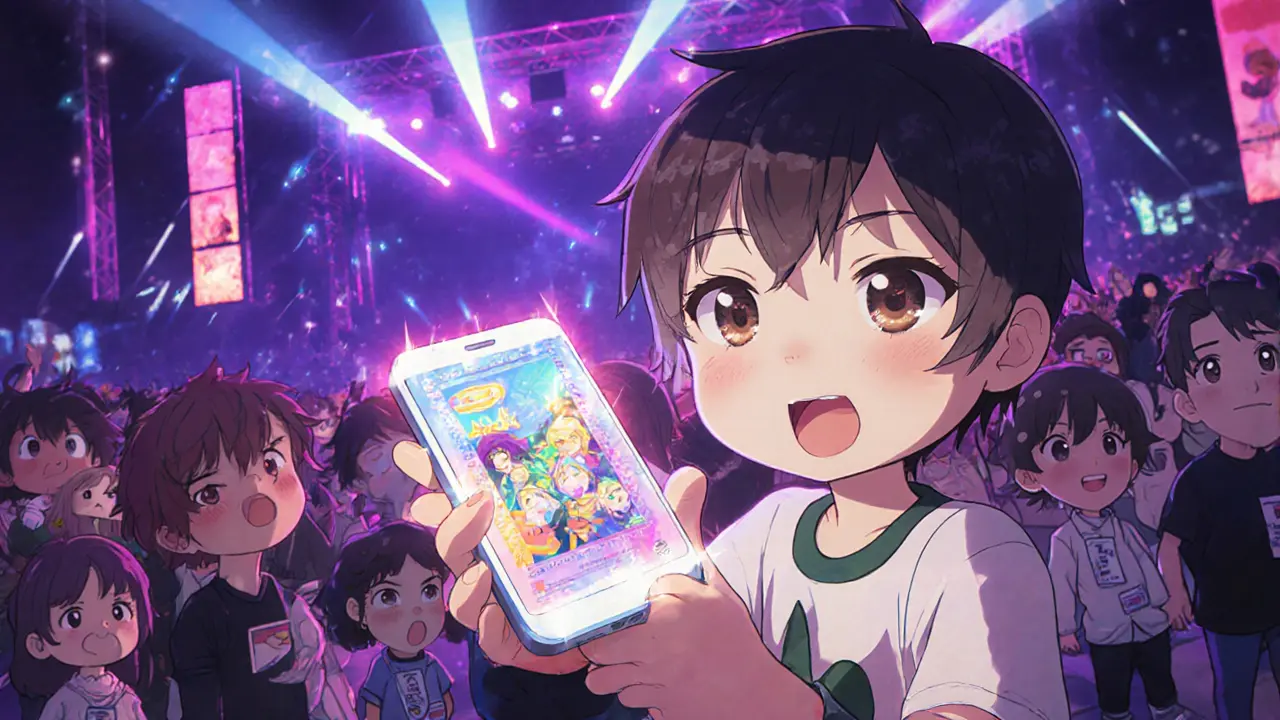
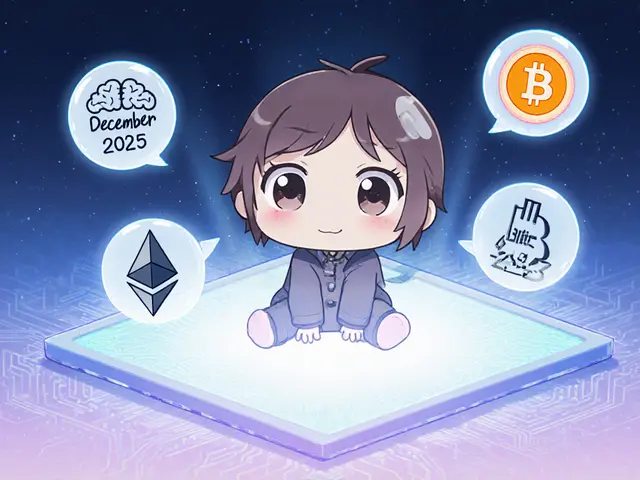
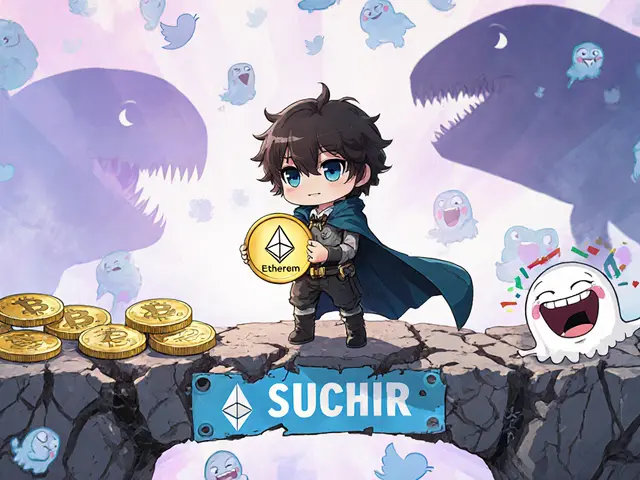
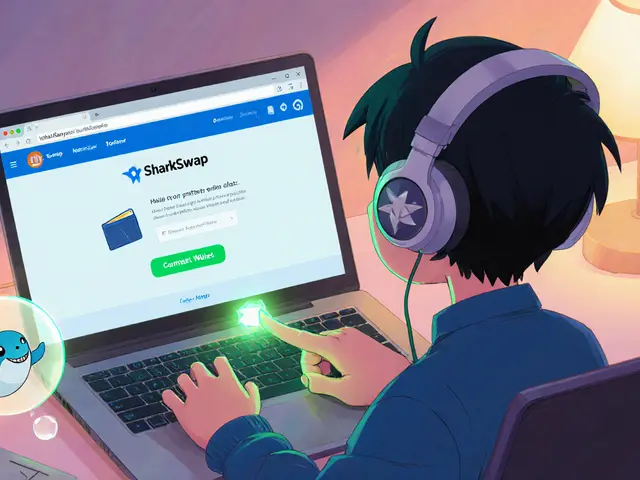
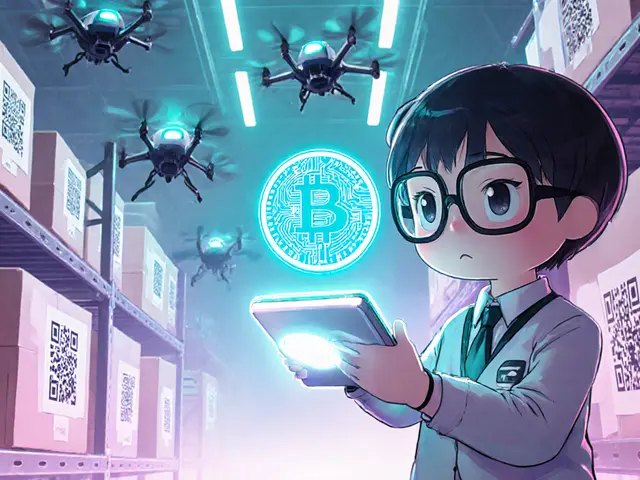
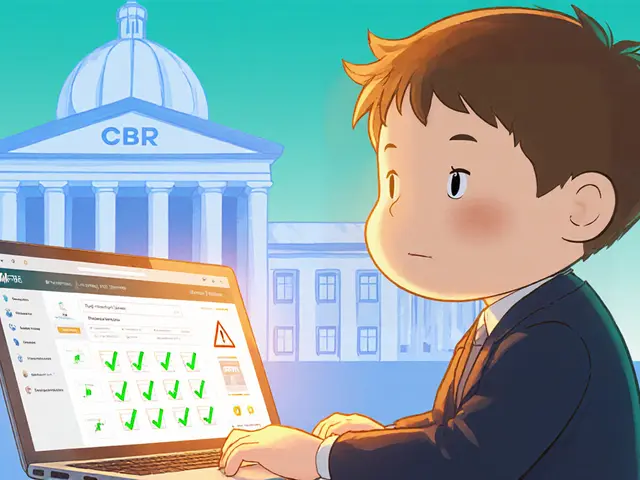
celester Johnson
June 15, 2025 AT 21:58NFT tickets sound cool but also kinda overhyped.
Prince Chaudhary
June 16, 2025 AT 14:38I get the excitement around fan perks, but let’s keep it real – most people still don’t want to fumble with wallets just to get into a show. The tech can be slick, yet the onboarding curve is a real barrier for the average concertgoer. If you make the purchase flow as simple as buying a regular ticket, you’ll see adoption rise.
John Kinh
June 17, 2025 AT 07:18Honestly, the hype is just marketing fluff 😂. Most of these NFT tickets end up being a speculative asset rather than genuine fan‑benefit.
Mark Camden
June 17, 2025 AT 23:58From an ethical standpoint, the shift toward immutable blockchain tickets raises concerns about accessibility and equity. Not everyone can afford the transaction fees, especially on congested networks like Ethereum. Moreover, the environmental footprint, despite low‑energy chains, still contributes to a broader carbon narrative. Transparency in royalty distribution is also essential; otherwise, we risk creating another profit‑driven middleman. We must balance innovation with inclusivity.
Evie View
June 18, 2025 AT 16:38While the moral points are valid, the reality is that fans crave exclusive experiences, and NFTs deliver that in a way tickets never could. The extra royalties can fund better production values, and the collectible aspect fuels community loyalty. If organizers price responsibly, the model can serve both fans and creators.
Sidharth Praveen
June 19, 2025 AT 09:18Give it a try on a small local gig first. A pilot will surface the practical pain points without scaring away the whole fanbase. Keep the messaging upbeat and the process simple.
Sophie Sturdevant
June 20, 2025 AT 01:58From a product‑management lens, the NFT ticket stack introduces a layer of tokenomics that can be leveraged for dynamic pricing and targeted airdrops. Think of it as an API‑driven engagement engine that feeds data back into the CRM. The key is to design the metadata schema for scalability.
Nathan Blades
June 20, 2025 AT 18:38The philosophical edge is fascinating – we’re turning a momentary experience into a perpetual digital artifact. It shifts the notion of attendance from a one‑off event to an ongoing relationship. As fans hold onto their NFT, they carry a piece of the event’s story with them. This can reshape how loyalty programs are built, turning nostalgia into tangible value.
Somesh Nikam
June 21, 2025 AT 11:18Indeed, the continuity of fan engagement can be quantified through token holdings. Providing clear post‑event benefits will cement that relationship.
Jan B.
June 22, 2025 AT 03:58Keep it simple – fans want to know the value, not the tech. A clear FAQ solves most worries.
MARLIN RIVERA
June 22, 2025 AT 20:38The data‑driven angle looks shiny, but it masks a huge risk: oversaturation of analytics that never translate into better experiences. Plus, the crypto market volatility can turn a ticket’s perceived value upside down. Regulators will soon sniff out any loopholes used for profit.
Debby Haime
June 23, 2025 AT 13:18Exactly! Focus on the fan journey, not just the numbers! 🚀
emmanuel omari
June 24, 2025 AT 05:58Let’s be honest – this is the next frontier for monetizing fandom, and nations should protect home‑grown ecosystems. If foreign platforms dominate, we lose cultural sovereignty. Embrace local blockchain solutions now.
Andy Cox
June 24, 2025 AT 22:38Interesting read. I can see both sides of the coin.
Courtney Winq-Microblading
June 25, 2025 AT 15:18From a creative viewpoint, this could unleash a new genre of interactive art, where each ticket is a canvas. The community can remix and remix, turning events into living ecosystems. It’s a brave new canvas for fan expression.
katie littlewood
June 26, 2025 AT 07:58When we step back and examine the broader implications of NFT ticketing, a cascade of interconnected opportunities begins to surface. First, the provenance of each ticket becomes an immutable record, eliminating counterfeit concerns that have plagued the industry for decades. Second, the programmable nature of smart contracts opens the door to dynamic royalty structures, ensuring that artists and promoters receive a share of every resale, thereby fostering a more sustainable revenue model. Third, the data generated by token interactions provides granular insights into fan behavior, allowing for hyper‑personalized marketing that respects privacy while enhancing engagement. Fourth, the collectible aspect transforms a single event ticket into a longitudinal asset, encouraging fans to curate personal archives of experiences that can appreciate in value. Fifth, partnerships with brands become seamless; sponsors can embed their logos or exclusive offers directly into the token metadata, creating a new advertising paradigm. Sixth, the environmental impact, while contingent on blockchain selection, can be mitigated by opting for proof‑of‑stake networks, aligning the initiative with growing eco‑conscious consumer expectations. Seventh, the community dimension is amplified through token‑gated Discord channels, private streams, and post‑event virtual meet‑ups that keep the excitement alive long after the lights go out. Eighth, secondary market transparency is vastly improved, as every transaction is publicly observable, reducing fraud and speculative bubbles. Ninth, this technology democratizes access for independent artists who can now issue limited‑run tickets without the overhead of traditional ticketing platforms. Tenth, it encourages cross‑industry innovation, prompting collaborations between musicians, game developers, and virtual reality creators to deliver hybrid physical‑digital experiences. Eleventh, fan loyalty programs can be reimagined as token‑based tiers, unlocking progressive perks based on holding duration and activity. Twelfth, legal frameworks will evolve to recognize NFT tickets as hybrid property, prompting clearer consumer protection guidelines. Thirteenth, the psychological impact of ownership-knowing that a piece of the event lives on forever-can deepen emotional attachment and drive repeat attendance. Fourteenth, the marketplace for secondary sales becomes a vibrant ecosystem where collectors can trade, display, and showcase their digital memorabilia. Finally, as the technology matures, we may see integration with augmented reality, where scanning an NFT at the venue triggers immersive visual overlays that enhance the live experience. All these strands weave together to suggest that NFT ticketing is more than a gimmick; it is a foundational shift in how we conceive, purchase, and remember live events.
Jenae Lawler
June 27, 2025 AT 00:38While the exposition is thorough, one must question whether the market can sustain such complexity. Simpler solutions may prove more resilient.
Chad Fraser
June 27, 2025 AT 17:18Love the energy behind this! If you give fans a taste of exclusive backstage clips through airdrops, they’ll keep coming back for more. Keep the tone light and the process painless.
Jayne McCann
June 28, 2025 AT 09:58Sounds like just another cash grab.
Richard Herman
June 29, 2025 AT 02:38Let’s find a middle ground that respects both tech innovation and fan accessibility. A phased rollout could balance excitement with practicality.
Parker Dixon
June 29, 2025 AT 19:18The community‑first approach resonates; fans want to feel valued beyond the gate. By layering perks, you create a loyalty loop that benefits everyone. Monitoring metrics will tell you where to tweak.
Stefano Benny
June 30, 2025 AT 11:58From a jargon perspective, the tokenomics model aligns with layered incentive structures. Still, the real test is user adoption.
Bobby Ferew
July 1, 2025 AT 04:38There’s a certain allure to turning a night out into a digital keepsake. It’s not without its pitfalls, though.
Michael Wilkinson
July 1, 2025 AT 21:18Respect the fans’ time and money; don’t overcomplicate the purchase flow. Simplicity wins.
Billy Krzemien
July 2, 2025 AT 13:58Providing clear guidance and on‑site support will smooth the transition for newcomers. Pair that with transparent royalty info, and you’ve got a solid foundation.